I'm trying to get the factorial value of number 66, but my method resulting me an output 0. But whenever I try to get the factorial of 5, it is resulting me an output 120. Could anyone please tell me why?
public static int factorial(int n)
{
if (n == 1)
return n;
return n * factorial(n - 1);
}



